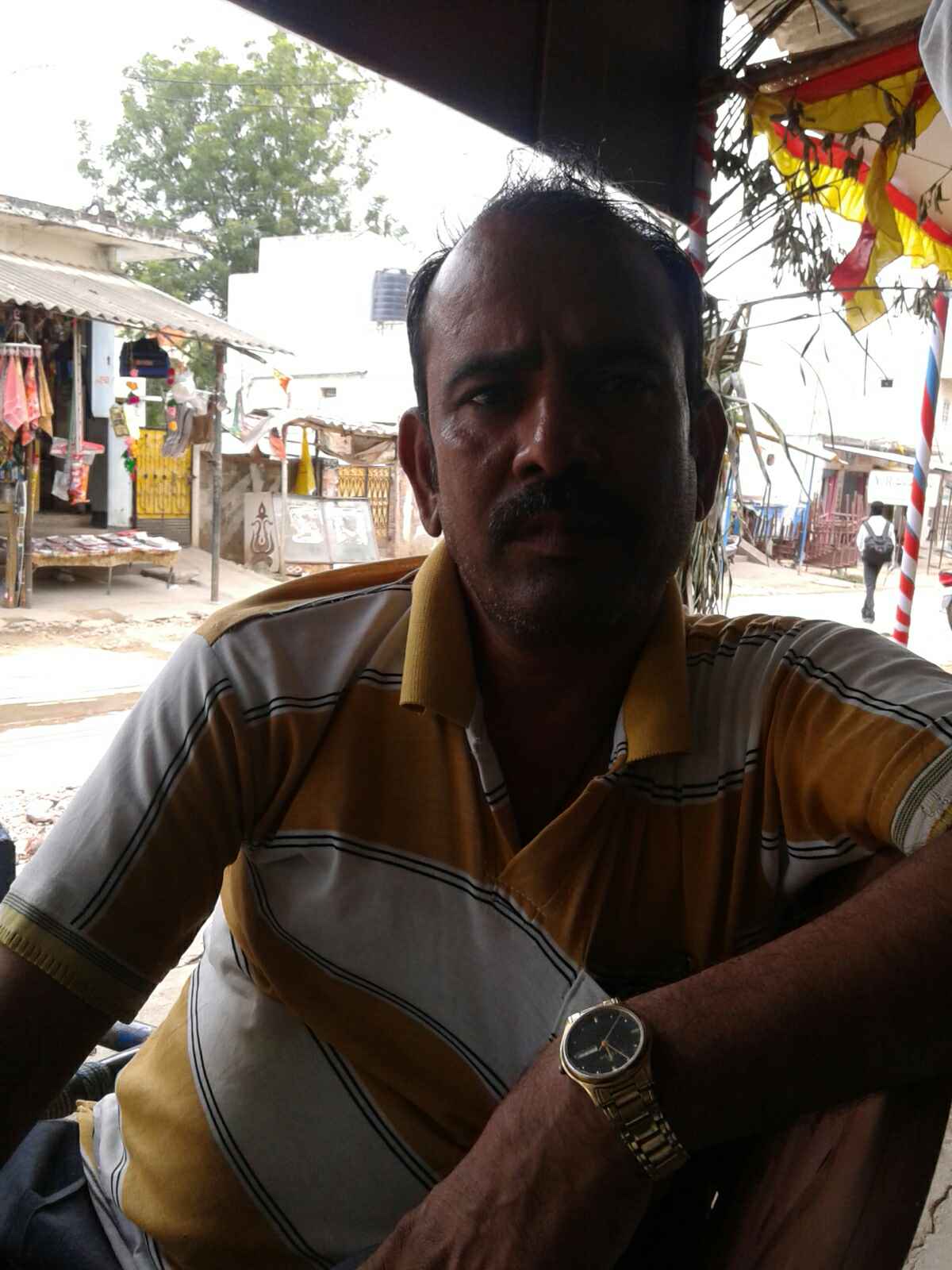

Taking Charge of Women’s Health
As your age progresses, the threat of being affected by a medical condition rises, especially among women above 40 years of age; they fall at a higher risk of chronic health issues.
Women’s chronic diseases can be linked to different gynaecological issues women go through, from menstrual cycle to pregnancy and menopause. Several demographic and socio-economic factors also contribute to chronic diseases in women.
To make women aware of these threats to their health, we have compiled five women’s chronic diseases that need awareness for improved health and lifestyle. Let’s find out what they are-
5 Chronic Diseases Women Should Be Aware Of
1.Thyroid:
There is a small butterfly-shaped gland found at the base of the neck, which is called the thyroid. This thyroid gland makes hormones that control the metabolism of the body and maintains the menstrual cycle in women. When the thyroid is not able to make the right amount of thyroid hormones, it causes thyroid disease.
This malfunction can further upset ovulation which in turn affects and complicates pregnancy, menstrual cycle, thus causing early menopause. Studies have shown that women are more likely to be affected by thyroid than men in a lifetime.
Thyroid diseases affecting women-
a. Underactive Thyroid or Hypothyroidism
b. Overactive Thyroid or Hyperthyroidism
c. Thyroiditis
d. Thyroid Cancer
e. Goitre
Symptoms-
a. Weakness
b. Mood swings
c. Significant weight gain or loss
d. Menstrual Cycle imbalance
e. Sleeping difficulty
f. Increased or decreased sweating
Thyroid care-
Thyroid treatment involves medication and sometimes surgery. Women are advised to be cautious of the symptoms associated with the thyroid and consult a doctor in the event of aforesaid symptoms.
2. Osteoporosis:
The bones in the body are in a constant state of renewal. With age, people, especially women, lose bone mass faster than the creation of new bones. This causes a bone disease called osteoporosis which results in brittle and weak bones.
Causes-
a. Lack of estrogen, which happens post menopause and causes bone loss.
b. Body’s inability to absorb calcium.
c. Lack of Calcium or Vitamin D in the body.
Risk Factors-
a. Genetic
b. Thyroid history
c. Deficiency of Calcium and Vitamin D
d. Medication interfering with bone-building like steroids
e. Excessive alcohol consumption or tobacco use.
f. An inactive lifestyle
Symptoms-
a. Back Pain
b. Stooped Posture
c. Brittle bones
Treatment and Care-
If you are a woman who is past her menopause stage and feel regular pain in the back and neck area, then it’s time you consult a doctor immediately. A medical evaluation by the doctor might diagnose the risk of osteoporosis.
It is advisable to maintain a healthy and active lifestyle to avoid the disease.
3. Breast Cancer:
A woman’s breast is made of three main parts- lobules, ducts and connective tissue. Lobules produce milk, ducts carry that milk to the nipple, and connective tissue holds everything together. Most breast cancer begins in the lobules or the ducts. It is a serious condition that causes the cancerous cells in the breast to grow out of control.
Types-
a. Invasive Lobular Carcinoma
b. Invasive Ductal Carcinoma
Risk Factors-
a. Genetic
b. Sedentary lifestyle
c. Hormone replacement therapy history
d. Excessive alcohol consumption
Symptoms-
a. Small or big lump in or around the breast area
b. A change in size or skin of breast or nipple
c. A clear or bloody discharge from the nipples
d. Inflammation or pain in or around the breast area
Treatment and Care-
Consult a doctor if you observe any of the symptoms. Your doctor might suggest a biopsy or an imaging test to diagnose breast cancer. Be vigilant and aware of your body changes. Stay patient and continue your treatment. Breast cancer is treatable when diagnosed at an early stage.
4. Cardiovascular Disease:
Cardiovascular disease or heart disease is the cause of stroke and heart attacks in women. With one crore of deaths reported annually in India, cardiovascular deaths in women account for 16.9% of the total deaths reported in women. With this on the rise, women have to be cautious more than ever to be aware of their symptoms and avoid their occurrence.
Risk Factors-
a. Genetic
c. Excessive smoking or alcohol consumption
e. Unhealthy lifestyle
Symptoms-
a. Abnormal chest pain or discomfort, abdominal pain or throat, jaw pain
b. Fatigue
c. Nausea
d. Vomiting
Treatment and Care-
Your doctor is most likely to put you on medication when diagnosed with heart disease. Consult a Cardiologist if you are a heart patient and experience any discomfort. You must keep your blood pressure in check and maintain a healthy lifestyle to avoid any heart disease risk.
5. Autoimmune Diseases:
The human body has an immune system that defends the body from foreign invaders like bacteria and viruses. It can tell the difference between self and non-self. In the case of an autoimmune disease, the body’s defence system starts attacking the normal cells, which results in some severe diseases. Autoimmune diseases affect almost 8% of the global population, out of which 78% are women.
Types-
a. Diabetes disease
b. Inflammatory Bowel Disease (IBD)
c. Sclerosis
d. Psoriasis
e. Vitiligo
f. Autoimmune Hepatitis
Risk Factors-
a. Genetic
b. Obesity disease
c. Excessive alcohol consumption or smoking
d. Unhealthy lifestyle
e. Immunosuppressed drugs
Symptoms-
a. Fatigue
b. Yellowing of eyes and skin
c. Muscle and abdominal pain, stiff joints
d. Constipation or loose stool
e. Abnormal menstrual cycle
f. Significant weight loss
g. Ulcers
Treatment and care-
With the statistics inclined towards women today, women need to engage in physical activities and eat a nutritional diet to maintain a healthy lifestyle. In case of any of these women’s chronic diseases, consult a doctor. An early diagnosis will ensure better wellbeing and improved health conditions.
Women’s chronic diseases need much awareness, especially in a developing country like India, where the health of a person is determined by several other factors (class, caste, gender) and not just the availability of doctors. Females need to step up and take charge of their health; understand their body, and be wary of any signs or symptoms of potential health conditions.
Consult a doctor immediately in case of an emergency. Remember, there is no greater wealth than physical and mental health.
